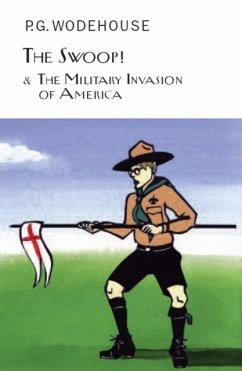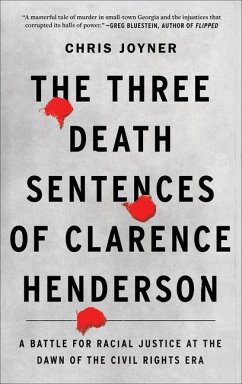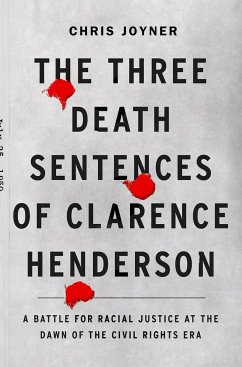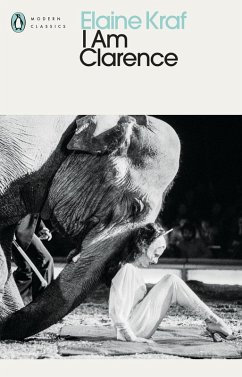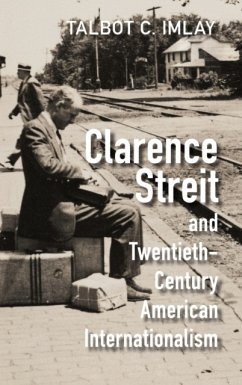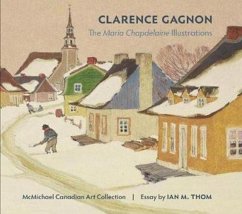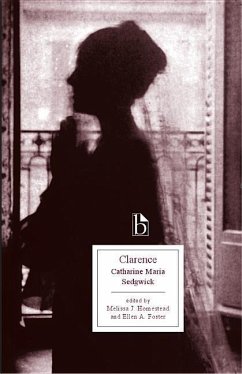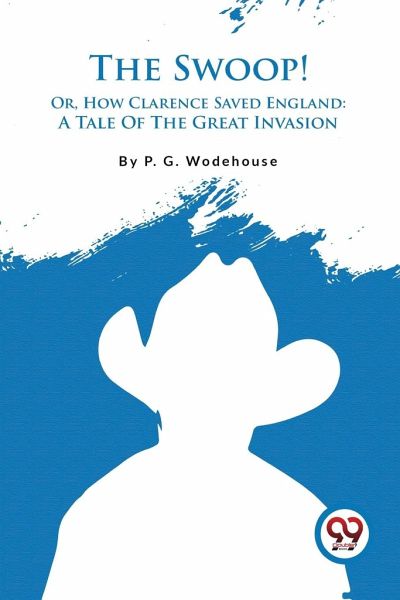
The Swoop! Or, How Clarence Saved England
A Tale Of The Great Invasion
Versandkostenfrei!
Versandfertig in 1-2 Wochen
13,99 €
inkl. MwSt.

PAYBACK Punkte
7 °P sammeln!
P. G. Wodehouse's short comic book, The Swoop!, or How Clarence Saved England, was originally made available in the UK on April 16, 1909, by Alston Rivers Ltd. in London. A Tale of the Great Invasion has the subtitles. The Military Invasion of America and A Remarkable Tale of the German-Japanese Invasion of 1916 were the titles of a modified and greatly condensed version that was published in the July and August 1915 issues of Vanity Fair. When the story was included in the anthology The Swoop! and Other Stories in 1979, four years after Wodehouse's passing, it was the first to be published in...
P. G. Wodehouse's short comic book, The Swoop!, or How Clarence Saved England, was originally made available in the UK on April 16, 1909, by Alston Rivers Ltd. in London. A Tale of the Great Invasion has the subtitles. The Military Invasion of America and A Remarkable Tale of the German-Japanese Invasion of 1916 were the titles of a modified and greatly condensed version that was published in the July and August 1915 issues of Vanity Fair. When the story was included in the anthology The Swoop! and Other Stories in 1979, four years after Wodehouse's passing, it was the first to be published in the United States. In The Swoop!, many armies simultaneously invade England "England was not only under the invader's heel. Nine intruders had their heels on it. There was not enough place to stand." - and makes references to a number of well-known historical personalities, including boxer Bob Fitzsimmons, writer Edgar Wallace, politician Herbert Gladstone, and actor-managers Seymour Hicks and George Edwardes. A humorous spoof on the then-popular genre of invasion novels, The Swoop! Wodehouse "reverses all expectations and changes the established pattern."






